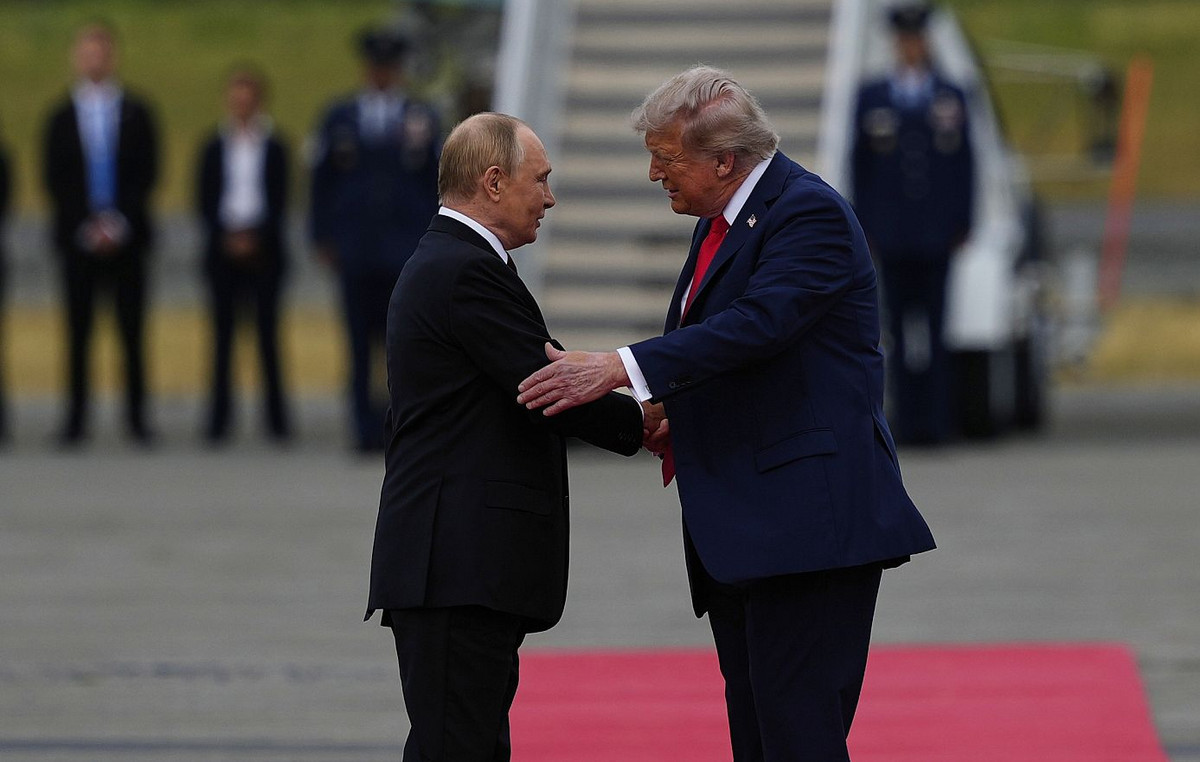The resignation of Prime Minister Boris Johnson deepens uncertainty over the British economy, already weighed down by double-digit inflation, the risk of recession and Brexit.
The race to replace Johnson, who announced on Thursday he would step down, could take weeks.
That would leave the world’s fifth-largest economy at risk of drift at a time when the pound sterling is near a two-year low against the dollar, and the Bank of England is in a quandary about raising interest rates without hurting the economy. economic activity.
The duration of the processes to elect a new leader of the Conservative Party varies. It took Theresa May less than three weeks to win after David Cameron withdrew in 2016 when other candidates withdrew.
But it took Johnson two months to become the new leader after May announced her intention to step down in 2019. This time, at least half a dozen candidates are expected.

The following is a summary of the main questions hanging over the British economy as the political drama unfolds.
Inflation
Even more than many other countries, Britain is feeling the pressure of an inflation rate hitting a 40-year high of 9.1%. The BoE believes it will reach 11% by the end of this year.
The International Monetary Fund said in April that Britain faced more persistent inflation, as well as slower growth, than any other major economy in 2023.
The pound sterling’s recent fall has added to inflationary pressures since then, although the prospect of increased public spending or tax cuts to shore up the Conservative Party’s fortunes pushed the pound higher on Thursday.
But whoever replaces Johnson can’t do much to offset the impact of rising global food and energy prices.
tax policy
Whoever succeeds Johnson must make big tax and spending decisions that could reduce the risk of recession but could also add to the inflationary heat in the economy.
When he stepped down as finance minister on Tuesday, Rishi Sunak said he disagreed with Johnson’s policy, which has long pushed for more tax cuts. Sunak’s short-term priority before stepping down was to ease the UK’s debt burden, which has jumped above £2 trillion during the coronavirus pandemic.
Analysts at U.S. bank Citi said they hoped Conservative Party leadership candidates Priti Patel and Liz Truss, who served as Johnson’s home and foreign ministers, could call for quick tax cuts and higher spending, while Sunak and former Health Minister Sajid Javid will likely be more fiscally cautious.
The long-term implications of your decisions will be high.
The UK’s budget watchdog said on Thursday that debt could more than triple to nearly 320% of GDP in 50 years if future governments don’t tighten fiscal policy.
Brexit
More than six years after Britain voted to leave the European Union, London and Brussels remain at odds over Johnson’s insistence on rewriting the rules – which he agreed to in 2019 – for trade involving Northern Ireland.
The prospect of improving relations with the EU under a new prime minister has led some economists to bet on stronger British exports and investment, although any changes to overall trade relations are likely to be modest.
In addition, some candidates to replace Johnson, most notably Foreign Minister Truss, have publicly supported his combative stance towards the EU.
bank of england
Britain’s central bank has raised interest rates five times since December, its biggest series of hikes in 25 years, and signaled it will continue to increase, possibly by as much as half a percentage point at its next meeting in August.
But the risk of a global economic slowdown has recently reduced investors’ bets on this kind of big BoE move.
Uncertainty about the direction of Britain’s fiscal policy may provide another reason for caution.
More political chaos?
As Johnson’s departure closes another chapter in one of the most tumultuous periods in modern British political history, it remains to be seen whether his successor can smooth things over.
Kallum Pickering, an analyst at Berenberg, said the British economy would benefit if Johnson were replaced by “a more diligent and serious individual”.
But Citi analysts said they were skeptical that the different factions within the Conservative Party would unify around a clear strategy.
“In the coming months we will see a UK entering a once-in-a-generation squeeze on living standards, without a defined strategy and facing a deep governmental divide. The risk of a profound policy error is therefore significant,” they said.
“An early election should not be discounted either, although we still expect a race only in 2024.”
Source: CNN Brasil
I am Sophia william, author of World Stock Market. I have a degree in journalism from the University of Missouri and I have worked as a reporter for several news websites. I have a passion for writing and informing people about the latest news and events happening in the world. I strive to be accurate and unbiased in my reporting, and I hope to provide readers with valuable information that they can use to make informed decisions.







